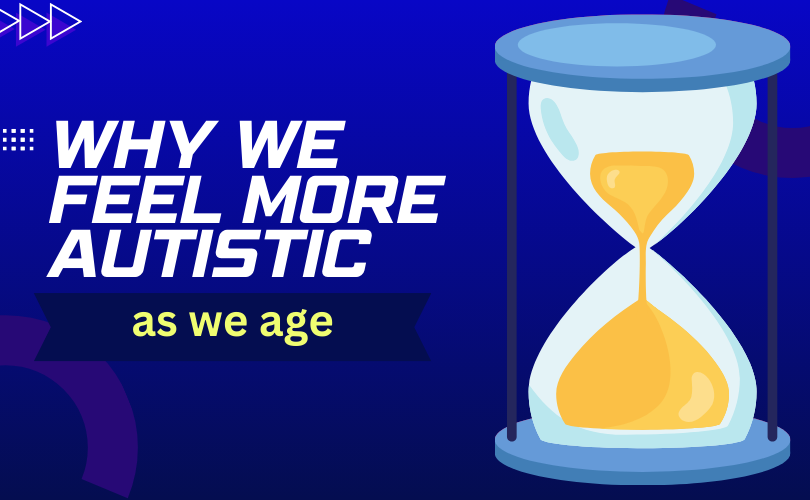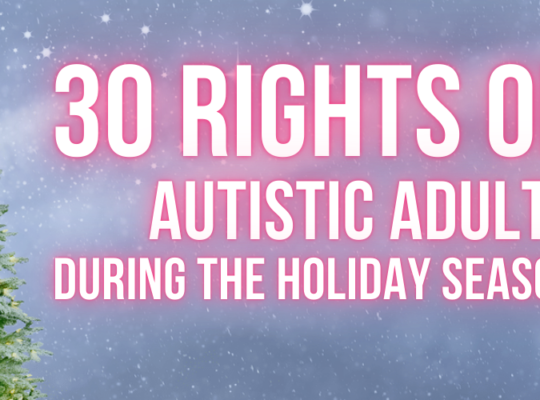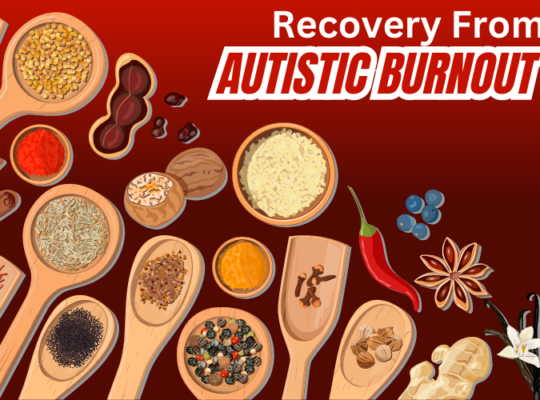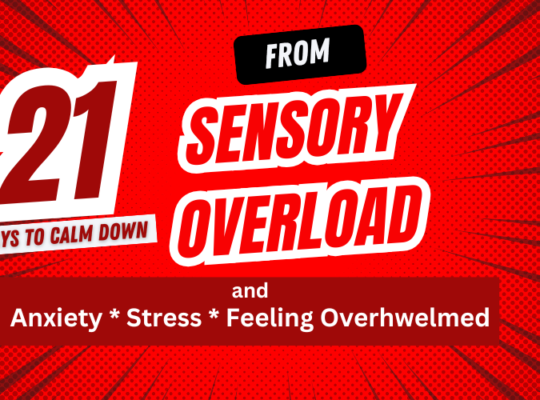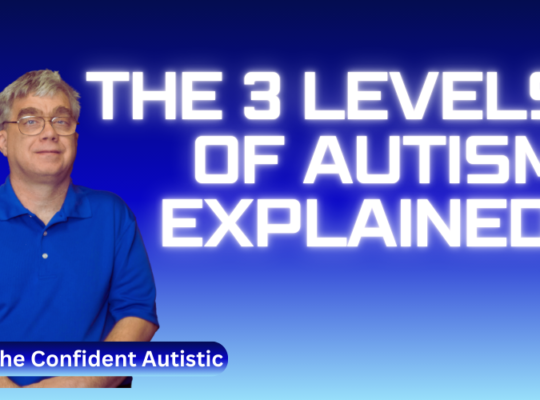Are you feeling “more Autistic” as you age?
When I say “more Autistic” I mean experiencing a heightened intensity of Autistic traits or challenges, including increased sensory sensitivity, increased social anxiety, an increased difficulty with communication, or rigid thinking patterns, often due to your greater awareness of your own Autistic needs and how they impact your daily life.
Autism does not worsen with age, but the challenges associated with Autism can become more apparent as life situations change.
It is common to feel more Autistic as we age, and in this article, I am going to explain why.
As we Autistic adults age, we may feel more “Autistic” that we have in the past due to a combination of factors including increased life stressors, reduced coping mechanisms, less social support, changes in physical health, and the added complexity of navigating social situations that become more demanding as we mature, potentially leading to feelings of being more overwhelmed by Autistic traits.
Adult life on the spectrum brings increased life complexities in the form of additional stressors like career demands, relationship challenges, and managing finances, which can exacerbate existing Autistic sensitivities and difficulties with social interaction.
Often, to make matters worse and increase our feelings of being more Autistic, we may, or will, start to experience reduced support systems in our lives.
For some of us on the spectrum, as we age, we may (more likely will as we age) lose access to the support systems we had as children (if we were diagnosed as Autistic when we were children), such as specialized educational programs, leaving us less equipped to manage challenges in adulthood.
Regardless of if we were Diagnosed Autistic as a child or later in life, as we age we will lose our support systems we have created including family and friendships as loved ones pass away and friendships drift apart naturally over time – leaving us to live with less and less support as we age, which is a time in our lives that we need the support most.
As we age our physical health will change. The decline that we all will experience can impact sensory processing and cognitive abilities, making it harder to cope with overstimulation or adapt to unexpected changes.
During our lifetime social norms evolve and become more nuanced. For us on the spectrum may find it increasingly difficult to navigate social situations without feeling overwhelmed.
It is a well-known fact that most Autistics experience at least one mental health issue with many experiencing 2 or more mental health issues with Autism. The most common mental health issue that Autistics live with, anxiety and depression, can become more prevalent with age, which can further complicate managing autistic traits.
As you age be sure to remember that Autism is a lifelong condition. While symptoms might seem more pronounced with age, Autism itself does not worsen over time.
Since Autism is a unique experience for all of us on the spectrum, individual experiences may or will vary. Each person on the spectrum has unique challenges, and how you may perceive your Autism can differ from others in our community.
When feeling more Autistic leads to increased difficulties as you age, consulting with a healthcare professional or therapist specializing in autism can provide valuable guidance and coping strategies.

